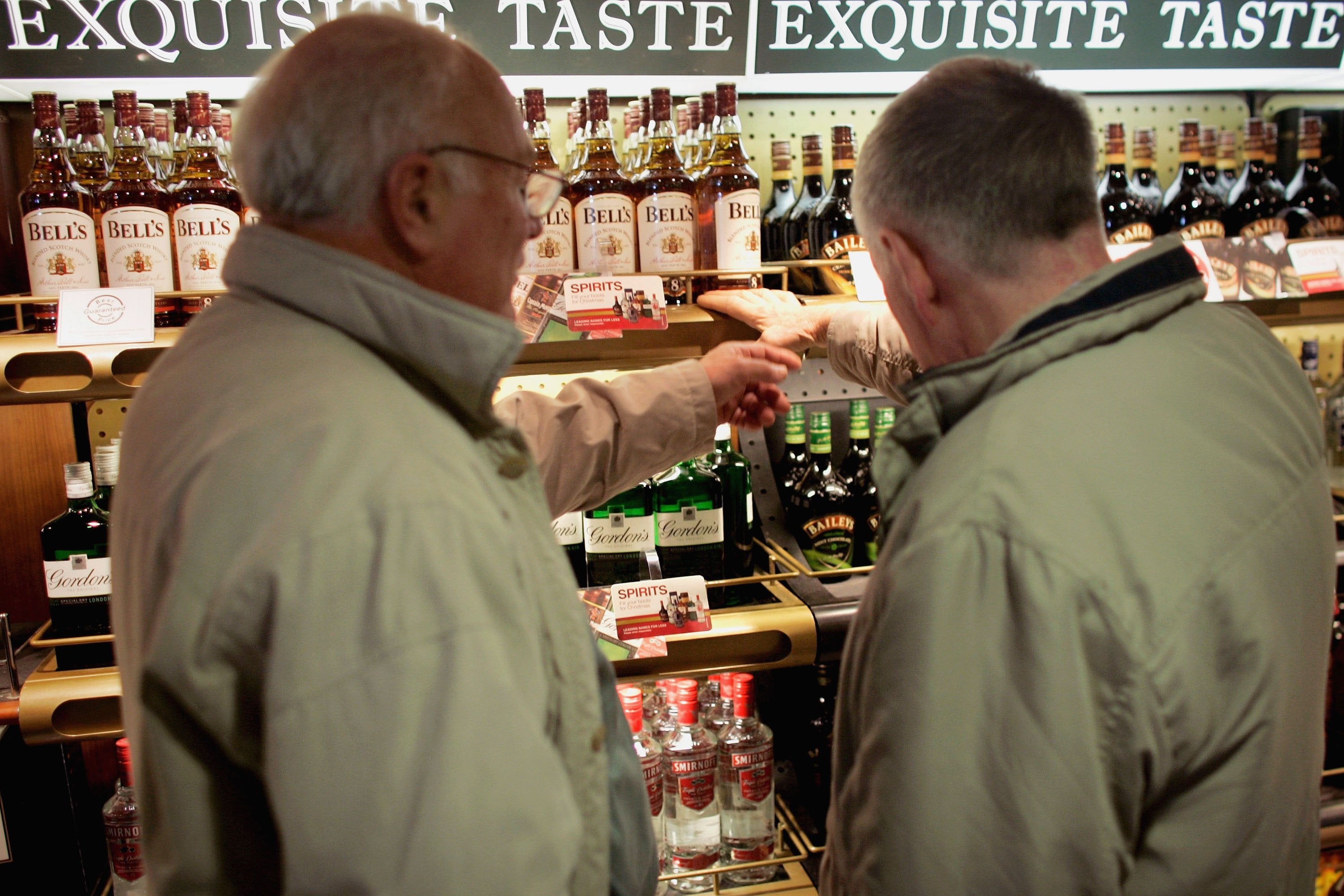Simon Calder: don't fear for your holiday in the Referendum debate
The man who pays his way: Will summer ever be the same again? Yes. Always.

Summer has some joyful certainties. The sun will shine, yes, sometimes even in Scotland. The sea will sparkle. The light will linger, along with the memories of harbourside meals, cheerful encounters and entrancing views. Sure, there are perennial irritations: mosquitoes, crowds and striking French air-traffic controllers.
Yet according to the Remain campaign, you could add plague, pestilence and pricier holidays to that latter list should the electorate have the temerity to vote to leave the EU. Well, more expensive travel.
The Prime Minister says: “All the evidence points to the value of the pound falling after a vote to leave the EU.” And, as British travellers already know from weary experience, “A weaker pound means people’s hard-earned savings won’t go as far on holidays overseas.”
This week the Treasury produced evidence that the average holiday – price £421 – would cost £57.50 more per person. That assumes a 12 per cent fall in the value of the pound.
I defer to economists on that – but a couple of things puzzle me. In the past seven years sterling has wobbled from as low as parity against the euro (€1 = £1) to the pound being worth almost €1.50. Right now the rate is roughly halfway between the two extremes, which feels about right. Secondly, I contend that if prices increase sharply, then travellers – like all consumers – will modify their behaviour. A picnic rather than lunch at a restaurant; planning museum visits for the time when admission is free; waiting for the bus rather than hail a taxi. So possibly that £57.50 rise is an exaggeration.
At the same event, held in an easyJet hangar in Luton, the prime minister assured the staff of Britain’s biggest budget airline that cheap flights within the European Union could also be jeopardised if the UK leaves the EU’s single market. Britain would be excluded from the “open skies” pact which has increased competition and driven down fares.
If I am not mistaken, Europe woke up in the 1990s to the benefits of ferocious competition between airlines only after the UK, Ireland and Holland showed the way in the 1980s: demonstrating that when governments allow independent airlines to compete with state-run carriers, fares typically halve and passenger numbers double.
Anyone who seriously thinks that Europeans would not want to fly to London on exactly the same terms as now, that Ryanair would be removed from UK airports or that the Spanish would countenance any barriers to Brits flying to the Costas, has probably been at the duty-free.
Talking of which: about the only certainty of a Leave decision is that the booze cruise would sink. For the past 23 years, anyone with a car can load up the boot at a Calais hypermarket with as much wine, beer and spirits as the suspension will take. It seems reasonable to assume that the UK will apply the same rules to travellers returning from its former EU partners as those from other countries. That’s one litre of Scotch, four litres of wine (six bottles breaks the limit) and 16 litres of beer. The booze cruise, though, could become a booze boomerang: cross-Channel ferries will once again be able to sell drinks at truly duty-free prices, a practice banned since 1999.
Since there’s no point getting off in France (except for trivialities such as cuisine, culture and magnificent landscapes), motorists will simply shop on board.
At the time airlines were campaigning against the abolition of duty-free on intra-EU journeys, we were warned that fares would rise and the number of services would fall because the nice little earner was to end. Using the same logic, if every flight from the EU qualified for duty-free sales, surely fares should fall and the range of routes rise? Somehow, I doubt it.
The only impact I can see on the amount and cost of flying if the UK leaves is that routes heavily dependent on expatriate traffic – such as those to Eastern Europe – might see a decline in demand and consequent reduction in frequency. But on a route such as Luton to Iasi – a small city in north-east Romania – declined from the present 11 flights a week on three airlines, it might not be too much of a disaster.
Oddly, passengers’ rights would be affected: Ryanair (as an Irish, and therefore EU airline) would have to meet its obligations on all flights to and from Britain, while BA, easyJet and Monarch would only be liable for care and compensation for flights from the EU – not those departing British airports. But if you were kind enough to read this column last week, you may recall that the EC261 rules that govern airlines in the case of long delays don’t always do us a favour – with at least one airline confessing to leaving bags behind to avoid having to pay out compensation.
The Remain camp even wheeled out a politician to hint darkly about visas being required from British travellers to certain European countries. As far as I know, the only two nations that currently make such a bureaucratic demand are Belarus and Russia. And after a Leave vote? The red tape will remain exactly the same.
When you are deciding how to vote, please do so on weightier matters than holidays. Will summer ever be the same again? Yes. Always.
Subscribe to Independent Premium to bookmark this article
Want to bookmark your favourite articles and stories to read or reference later? Start your Independent Premium subscription today.

Join our commenting forum
Join thought-provoking conversations, follow other Independent readers and see their replies